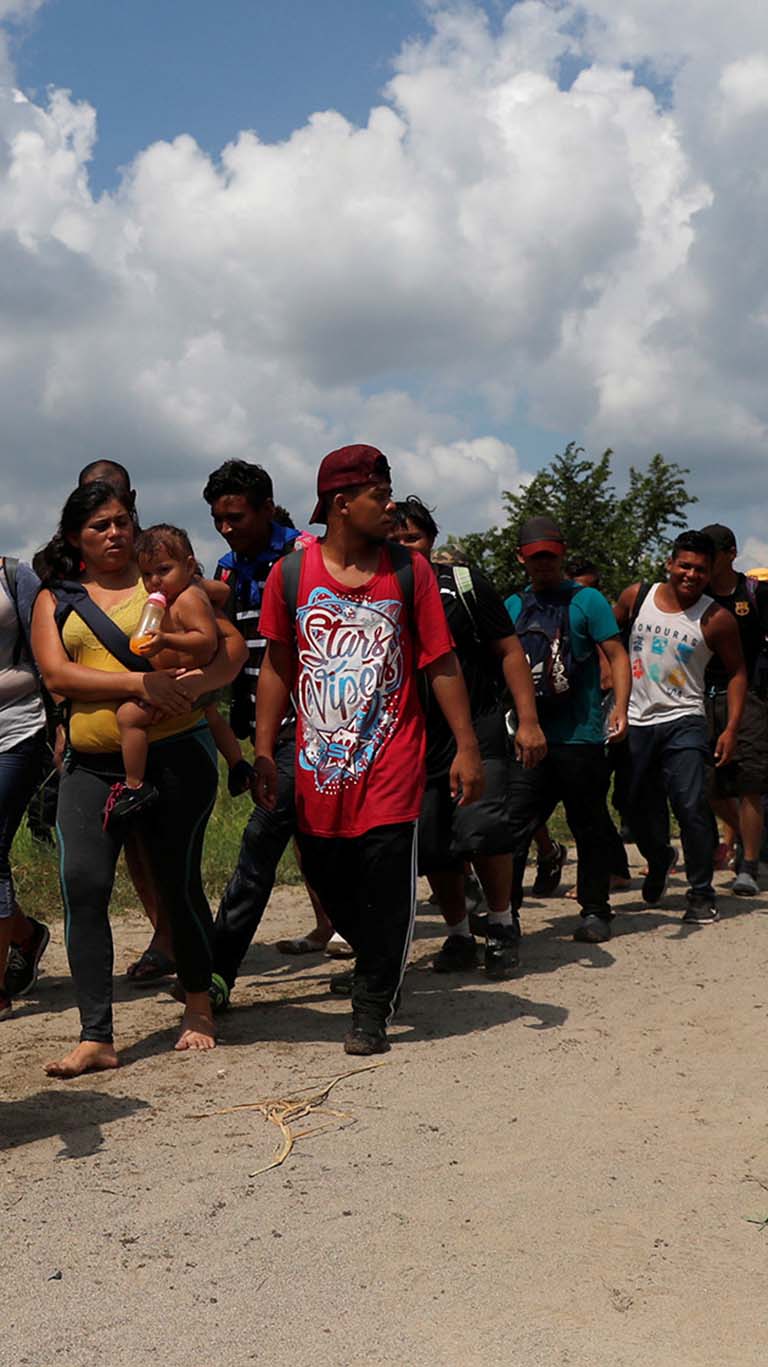JE DÉCOUVRE LE DON MENSUEL
JE DÉCOUVRE LE DON MENSUEL
JE DÉCOUVRE LE DON MENSUEL
JE DÉCOUVRE LE DON MENSUEL
JE DÉCOUVRE LE DON MENSUEL
JE DÉCOUVRE LE DON MENSUEL
JE DÉCOUVRE LE DON MENSUEL
JE DÉCOUVRE LE DON MENSUEL
JE DÉCOUVRE LE DON MENSUEL
JE DÉCOUVRE LE DON MENSUEL
JE DÉCOUVRE LE DON MENSUEL
JE DÉCOUVRE LE DON MENSUEL
JE DÉCOUVRE LE DON MENSUEL
JE DÉCOUVRE LE DON MENSUEL
JE DÉCOUVRE LE DON MENSUEL
JE DÉCOUVRE LE DON MENSUEL
JE DÉCOUVRE LE DON MENSUEL
JE DÉCOUVRE LE DON MENSUEL
JE DÉCOUVRE LE DON MENSUEL
JE DÉCOUVRE LE DON MENSUEL
JE DÉCOUVRE LE DON MENSUEL

STANDING UP FOR MIGRATING PEOPLE AROUND THE WORLD
THROUGH MIGRATION ROUTES IN DIFFERENT COUNTRIES AND CONTINENTS
In Latin America and the Caribbean, the Middle East, South-East Asia, social, political, economic and security crises push many people to flee their country and undertake migration journeys full of obstacles and yet more violence.
STANDING UP FOR MIGRATING PEOPLE AROUND THE WORLD
In Mexico, situated in one of the biggest migration corridors in the world, we also work with people fleeing poverty and violence, many of whom find themselves victims of tougher border controls due to agreements between the US government and the governments of Mexico, Guatemala, El Salvador and Honduras. As a result of these agreements, the border town of Tapachula, in the Chaipas, has become a prison for exiled people who originally hail from Haiti, Africa or Central America and who find themselves in conditions of extreme vulnerability.
To address this situation, the Médecins du Monde France and Médecins du Monde Spain teams jointly run a regional programme in Central America to improve access to healthcare for migrating people.
Egypt is an important departure point for migrating people seeking to reach Europe. Whether they come from Syria, Yemen, Eritrea or Ethiopia, these people face numerous obstacles to access healthcare, education, housing and employment, in a tense economic and social context which damages the reception given to migrating people in the country even further. Médecins du Monde works to enable migrating people and Egyptians to access healthcare services, particularly mental health services, which are cruelly lacking.
In South-East Asia, the Rohingya populations and other Burmese ethnic minorities have sought to flee persecution in countries neighbouring Myanmar, particularly Bangladesh and Malaysia. Since 2017, more than 700,000 Rohingyas have found refuge in the south of Bangladesh, in Cox’s Bazar. In total, nearly a million Rohingyas are exiled in Bangladesh, the vast majority of whom live in precarious conditions in the camps in Cox’s Bazar. In Malaysia, some 100,000 have fled persecution, sometimes by making long and perilous journeys by sea. Access to primary and other healthcare is difficult, and Médecins du Monde works to improve the physical and psychosocial wellbeing or Rohingyas in Bangladesh and Myanmar, as well as their access to healthcare, particularly sexual and reproductive healthcare services.











